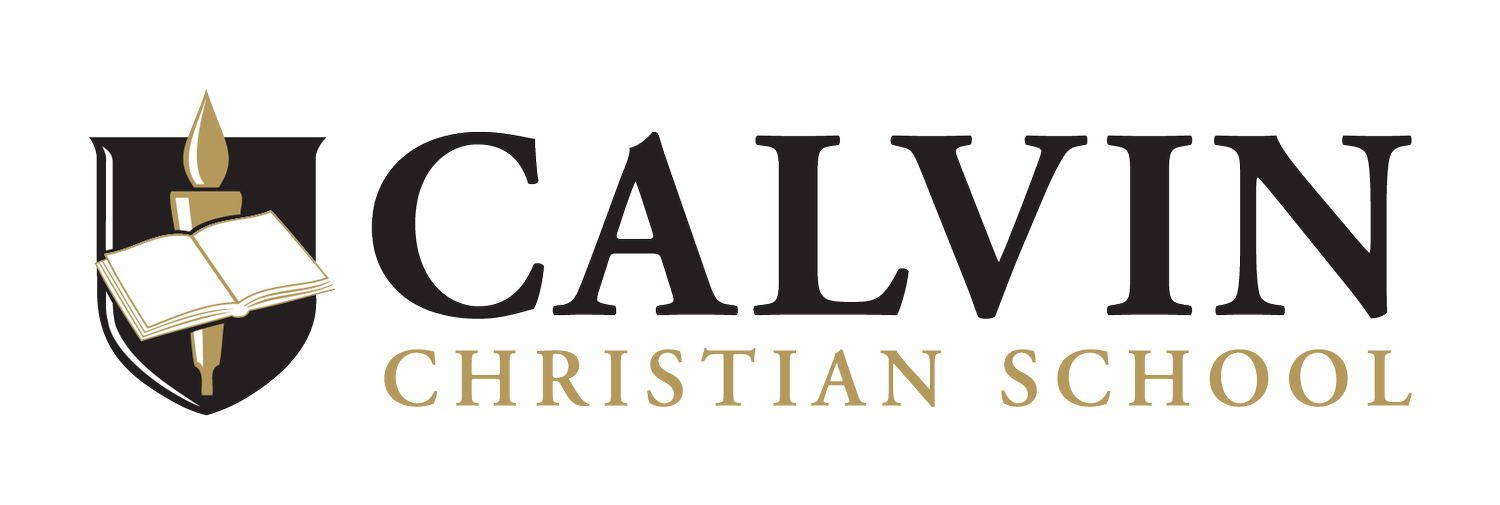Maria Island is one of my favourite Tasmanian destinations.
As a child, I camped on the island with my family a number of times and have since taken my own children there too. I’ve enjoyed many evenings sitting on the veranda of the penitentiary and watching the sun setting over the historic buildings, with the ocean in the background and the wombats in the foreground. It’s a magical place.
Last week I spent three days on the island with a wonderful group of Calvin students and staff as part of the Year 10 camp. On foot and by bike, we were able to explore a large part of the island, including the Painted Cliffs.
“It reminded me again of the importance in being still and silent in an era where noise and activity are the norm. ”
I’ve always found these cliffs to be one of the most beautiful features of the island. Low tide allows viewing of the full extent of the beauty, with colourful swirls, potholes and honeycomb patterns in the sandstone. They are not tall cliffs but they are aesthetically impressive. Waves and wind spray have carved out concave ledges that run parallel to the sea. Iron-rich groundwater that has filtered through the sandstone over many years has stained the cliffs in beautiful streaks of orange, red and purple. These colours are particularly strong in the late afternoon sun, when the cliffs appear to glow.
As a staff, it was our desire that the time on Maria Island was a chance for staff and students to ‘unplug’ from the busyness of our normal lives in order to appreciate creation and enjoy the slower pace of island life. On Maria there are no shops or cars (except the ranger vehicles). There’s very limited access to electricity and we were aiming for a ‘technology free’ experience for students.
For much of the time I spent walking and biking on Maria, I reflected on how therapeutic it was to be ‘unplugged’ and to let time pass without school bells, email notifications and traffic lights. My deep hope is that the students experienced some of this peace too. It reminded me again of the importance in being still and silent in an era where noise and activity are the norm.
On the final evening on the island, we were blessed with a spectacular sunset. Like the Painted Cliffs described earlier, the sky glowed with streaks of orange and red. As we ate our dinner, looking at the final colour leaving the sky, it was hard not to recognise God’s hand in creation. Like King David had noted many centuries earlier, “The heavens declare the glory of God; the skies proclaim the work of his hands” (Psalm 19.1). Our prayer is that the Year 10 students were also able to see a glimpse of God’s glory through their experience of the natural environment on Maria Island.
Bonny Moroni — Head of Secondary




